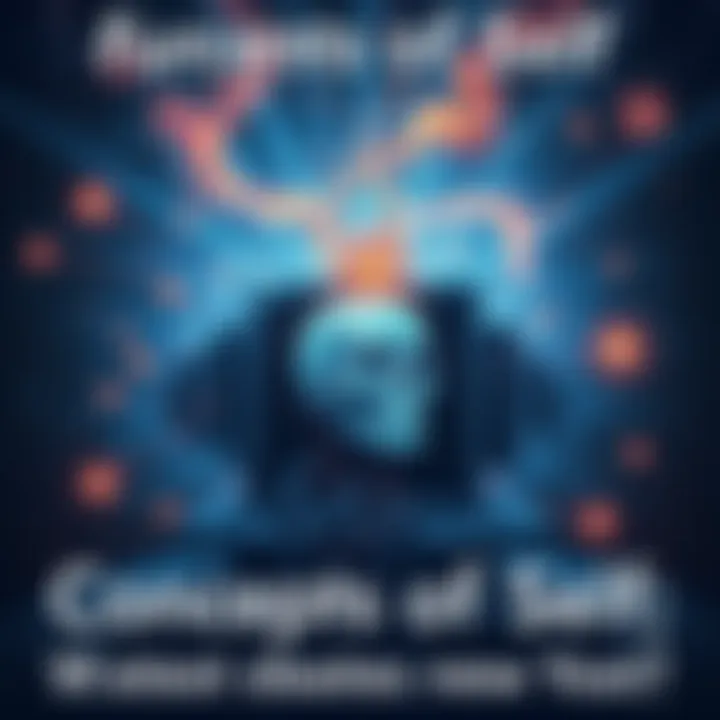Who Are You? | Reflecting on Identity Amid Controversy
Edited By
Nora Sinclair

The debate about self-identity has sparked online discussions, with many people weighing in on a provocative statement about existence and the nature of being. This conversation gained traction on November 15, 2025, calling into question how individuals view themselves in relation to a broader collective.
Exploring the Concepts of Self
A recent post prompted a flurry of comments, echoing various interpretations of concepts such as individuality, unity, and existence. The statements of "I am me," "I am everyone and everything," and others resonate with a diverse audience. This indicates a striking division in how people connect with identity.
Key Themes in Comments
Duality of Self: Several commenters mentioned the conflict in identifying as both individual and collective. Phrases like "I am I am" and “I am creates duality between I and anything else” highlight this struggle. One user wisely noted, "Try to keep I out of your thoughts, and you’ll feel more positivity."
Humor and Skepticism: Some rolled their eyes at the whole idea. Comments like, "Who cares?" and "Lmao" reflect a sense of humor mixed with skepticism about the philosophical depth of the discussion.
Spiritual Reflection: A more serious tone emerged with remarks such as, "I am God's son," illustrating a search for connection beyond oneself. Users deeply engaging with these concepts often leaned into the spirituality behind the claims.
"I'm Old Gregg" — this playful comment underscores the humorous and chaotic energy surrounding these identity discussions.
User Reactions: A Mixed Bag
Comments range from lighthearted to deeply philosophical. The community response seems split; half appreciates the exploration, while others poke fun or express confusion. Some individuals stated “Confused” and “Could ya ever love me?”, pointing out the complexities and often absurd nature of discussions about selfhood in digital spaces.
Key Insights
🔮 Diverse Views: Comments show a broad spectrum of sentiments, from intriguing insights to dismissive remarks.
🧐 Reflections on Identity: Over half of all responses wrestled with the duality of being.
🤣 Humorous Take: Many maintained a light-hearted approach, ensuring the conversation remained accessible.
Ultimately, this dialogue taps into fundamental human questions about existence, community, and spirituality. As we ponder these themes, one wonders: how do modern discussions around identity influence our personal beliefs?
The dialogue around self-identity continues to evolve, reflecting not just the complexity of individual experiences but the universal nature of existence.
Future Perspectives on Identity and Community
As these discussions on identity continue to unfold, there’s a strong chance we’ll see a rise in communal groups dedicated to exploring personal philosophies. With more people expressing confusion around the topic, experts estimate around 60% of individuals may seek out forums that tackle these complex issues head-on. This will likely spark more events and workshops aimed at understanding the duality of self, encouraging deeper connections both online and in-person. With societal dynamics evolving, the conversation on identity could become a mainstream topic, making its way into educational settings and public discourse.
Analogies from the Past: The Renaissance of Individual Thought
In the 16th century, thinkers in the Renaissance grappled with the very essence of self amid rapid social changes. Just like today’s discussions on identity, those scholars questioned individuality in the context of a blossoming collective consciousness. The appreciation for art, science, and humanism challenged traditional views of existence, much like how today's discourse fosters new ways of knowing oneself in relation to society. As people today navigate their identities, they carry forward that age-old quest for understanding that once turned the intellectual world upside down.
